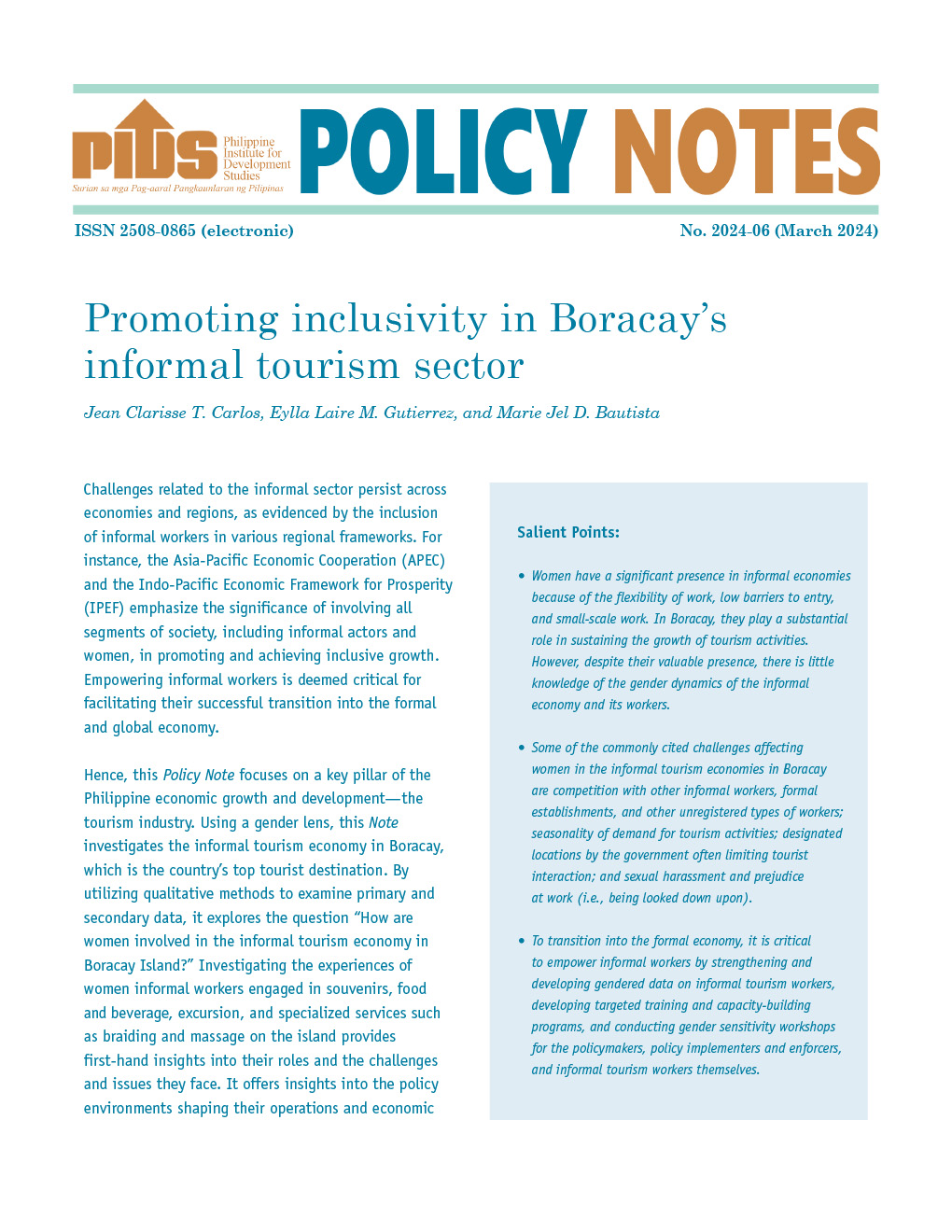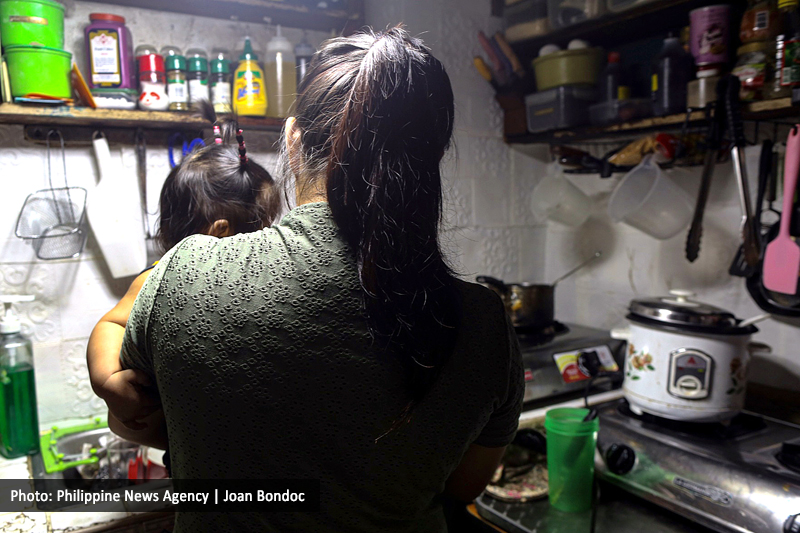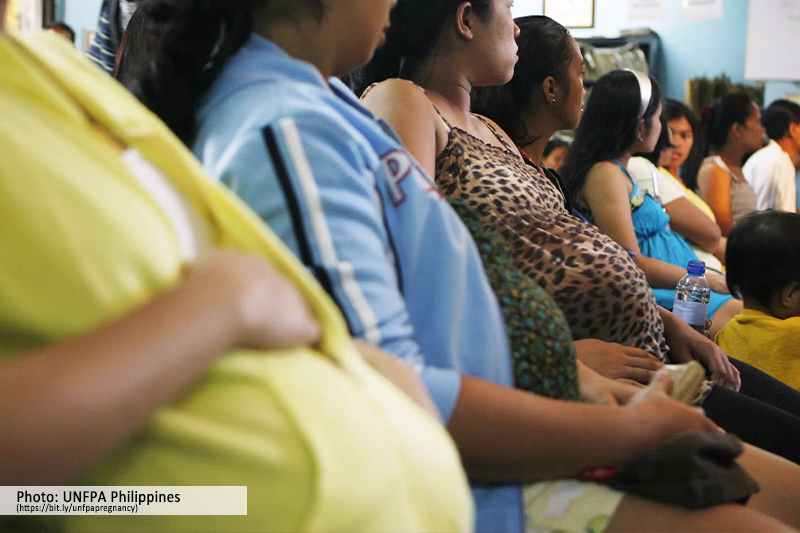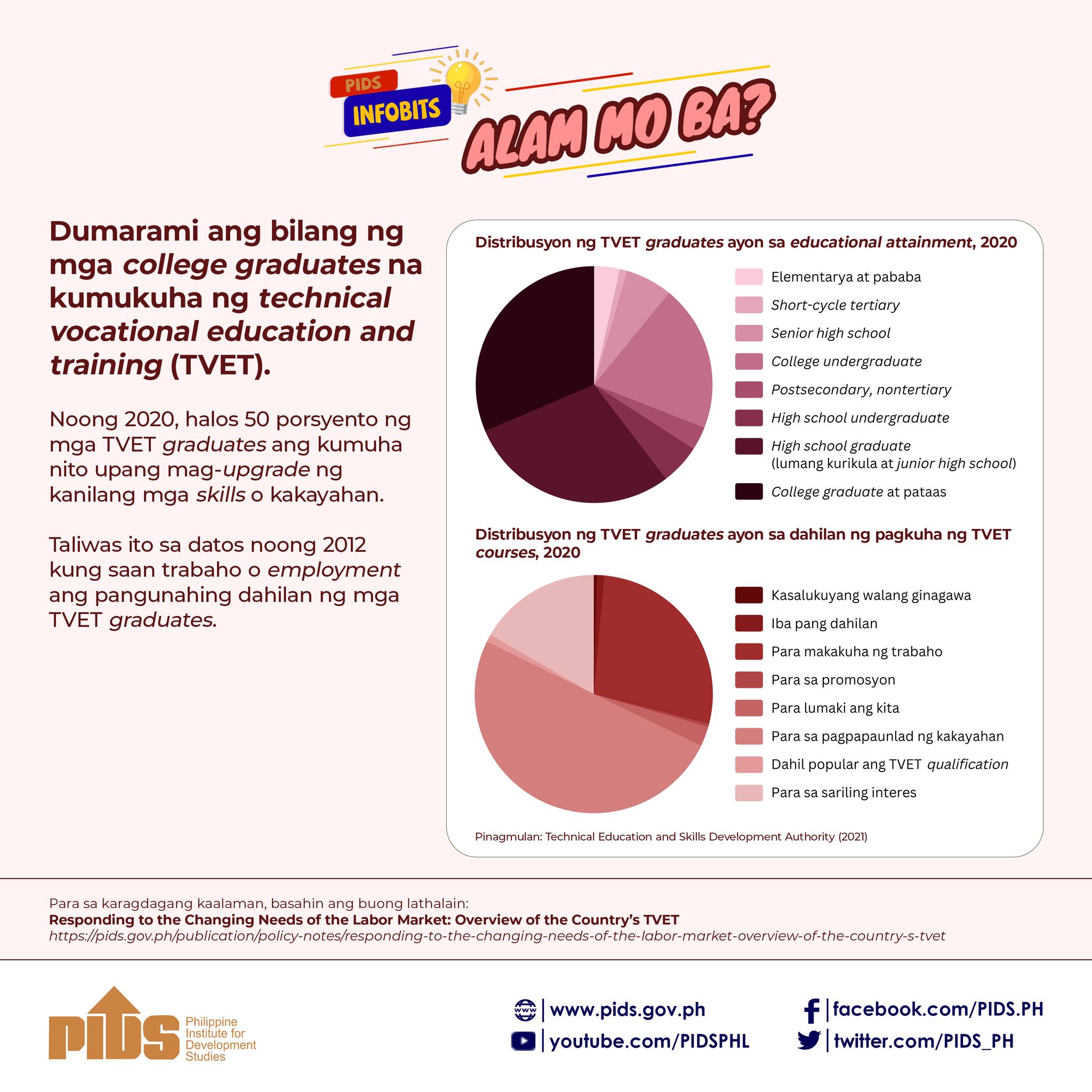Between married couples, who should do what at home?
Men may often be associated with doing the hard work, while women are perceived as the one tending to the needs of the household. The latest study released by the National Statistical Coordination Board on the matter, however, says otherwise. The research shows, during the period from 1979 to 2000, Filipino men have been spending more time and getting their fair share in doing household work
At present, many husbands are now proud to share the load with their wives, as seen in the hashtag ‘#JuanWash,’ a social media initiative by laundry detergent and fabric care brand Ariel that encourages men to help their partners take part in doing the laundry by becoming Juan Washers.
Here are the most common myths about the roles in the household:
MYTH #1: Men work, women stay at home
Women are no longer limited to housework as more are joining the workforce. The 2016 MasterCard Index of Women’s Advancement, which measures women’s participation in employment, capability, and leadership, cites the Philippines as one of the top three countries in Asia Pacific that is consistently progressing towards gender parity in the society.
“’Di na uso yung babae lang gumagawa sa bahay,” says self-employed dad Ramir Bautista in one of Ariel’s #JuanWash videos. “Ang asawa ko, ang trabaho niya, pressure talaga siya. ‘Pag wala siya, kino-cover ko yung pangangailangan ng mga bata, pangangailangan ng bahay.
The modern Juan knows that the matter of who works and who stays at home is discussed between partners. At present, a lot of families even see both parents juggling work and responsibilities at home.
MYTH #2: Only women go shopping for house supplies
It’s inaccurate to associate groceries and markets to women alone anymore. A Nielsen Shopper Trends report released early this year notes a rise in men grocery shoppers.
In typical dual-income households, perceived gender-assigned roles blur,” explains Nielsen’s Consumer Insights head in the Philippines Carlo Santos. “Living fast-paced lifestyles, members of the household have to squeeze in important tasks such as grocery shopping and it no longer matters who does it. What matters is who has the time to do it and more often than not, males have more flexible schedules.
The report also says men are now actively sharing the job of shopping for house supplies, even if women are still the “key stakeholder.
MYTH #3: Household work is only for women
Women are tagged responsible for household work such as washing the dishes and doing the laundry. However, a recent study by the Philippine Institute for Development Studies says “doing housework together enhances marital relations through shared experiences.
In another #JuanWash video, optical sales assistant Richard Arsino explains, “Sa panahon ngayon, dapat talaga gumagawa rin ang lalaki sa bahay—kahit may trabaho ka pa.
Dealing with household responsibilities is about sharing the load. There’s no shame in women working while men stay at home—and there’s definitely nothing wrong with men doing the laundry.
The latest campaign of Ariel is all about that: breaking stereotypes at home with #JuanWash.
With #JuanWash, men at home help their partners by taking part in doing the laundry and becoming Juan Washers. They are the ones that recognize household chores such as doing the laundry as tasks that require a whole lot of effort and teamwork.
For them, becoming Juan Washers means showing their love and support to their wives one wash at a time.
Ariel has also taken #JuanWash to the streets by partnering with well-loved noontime show Eat Bulaga! Every Friday, Ariel features proud Juan Washers to share with the many viewers of Eat Bulaga! the power of men taking part in laundry duties.
Men may often be associated with doing the hard work, while women are perceived as the one tending to the needs of the household. The latest study released by the National Statistical Coordination Board on the matter, however, says otherwise. The research shows, during the period from 1979 to 2000, Filipino men have been spending more time and getting their fair share in doing household work
At present, many husbands are now proud to share the load with their wives, as seen in the hashtag ‘#JuanWash,’ a social media initiative by laundry detergent and fabric care brand Ariel that encourages men to help their partners take part in doing the laundry by becoming Juan Washers.
Here are the most common myths about the roles in the household:
MYTH #1: Men work, women stay at home
Women are no longer limited to housework as more are joining the workforce. The 2016 MasterCard Index of Women’s Advancement, which measures women’s participation in employment, capability, and leadership, cites the Philippines as one of the top three countries in Asia Pacific that is consistently progressing towards gender parity in the society.
“’Di na uso yung babae lang gumagawa sa bahay,” says self-employed dad Ramir Bautista in one of Ariel’s #JuanWash videos. “Ang asawa ko, ang trabaho niya, pressure talaga siya. ‘Pag wala siya, kino-cover ko yung pangangailangan ng mga bata, pangangailangan ng bahay.
The modern Juan knows that the matter of who works and who stays at home is discussed between partners. At present, a lot of families even see both parents juggling work and responsibilities at home.
MYTH #2: Only women go shopping for house supplies
It’s inaccurate to associate groceries and markets to women alone anymore. A Nielsen Shopper Trends report released early this year notes a rise in men grocery shoppers.
In typical dual-income households, perceived gender-assigned roles blur,” explains Nielsen’s Consumer Insights head in the Philippines Carlo Santos. “Living fast-paced lifestyles, members of the household have to squeeze in important tasks such as grocery shopping and it no longer matters who does it. What matters is who has the time to do it and more often than not, males have more flexible schedules.
The report also says men are now actively sharing the job of shopping for house supplies, even if women are still the “key stakeholder.
MYTH #3: Household work is only for women
Women are tagged responsible for household work such as washing the dishes and doing the laundry. However, a recent study by the Philippine Institute for Development Studies says “doing housework together enhances marital relations through shared experiences.
In another #JuanWash video, optical sales assistant Richard Arsino explains, “Sa panahon ngayon, dapat talaga gumagawa rin ang lalaki sa bahay—kahit may trabaho ka pa.
Dealing with household responsibilities is about sharing the load. There’s no shame in women working while men stay at home—and there’s definitely nothing wrong with men doing the laundry.
The latest campaign of Ariel is all about that: breaking stereotypes at home with #JuanWash.
With #JuanWash, men at home help their partners by taking part in doing the laundry and becoming Juan Washers. They are the ones that recognize household chores such as doing the laundry as tasks that require a whole lot of effort and teamwork.
For them, becoming Juan Washers means showing their love and support to their wives one wash at a time.
Ariel has also taken #JuanWash to the streets by partnering with well-loved noontime show Eat Bulaga! Every Friday, Ariel features proud Juan Washers to share with the many viewers of Eat Bulaga! the power of men taking part in laundry duties.












